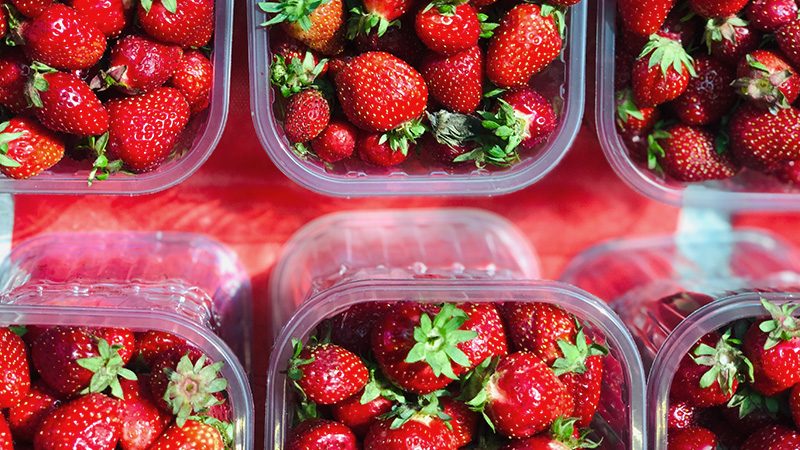Meeting food packaging recycling goals isn’t simple
For NZ Food Technology News as part of an ongoing series.
Improving the sustainability of food and beverage packaging is a major focus, with ever increasing demands from consumers and governments.
While it’s something we should be striving for it’s important to remember that, like so many things in the consumer goods sector, the challenges and solutions aren’t simple. This is especially so when peoples’ health is at stake.
Maintaining food safety must always be the priority which means using more recycled content is always going to be a balancing act – one which must lean on the side of caution. It’s something New Zealand Food Safety Science & Research Centre (NZFSSRC) is investigating and is due to report its findings around the safety implications of using recycled plastic and fibre.
As they point out in a recent article, hundreds of additives are used in first generation plastic and can account for up to half of its mass. The primary concern is the potential for chemicals to migrate, and even concentrate, when material is recycled multiple times and how this could impact the safety of food.
There are other concerns too, such as using non-food grade recycled plastics for food packaging, as well as chemicals being unintentionally added as recycled material travels through the collection and processing system. Countries are therefore taking a strict approach to regulations around food packaging from recycled material.
Despite the challenges, some international manufacturers have developed packaging with 100% recycled plastic, such as Coca Cola and Visy for some of their products.
In New Zealand Flight Plastics, in Lower Hutt, makes PET packaging with a thin outer layer of virgin plastic. This allows them to make food-grade packaging which they claim has up to 88% recycled content – an outcome which is far above current goals for recycled content.
The food packaging industry is an innovative one and, while it must err on the side of caution, I’m confident we will see solutions to the challenges of recycled content.







